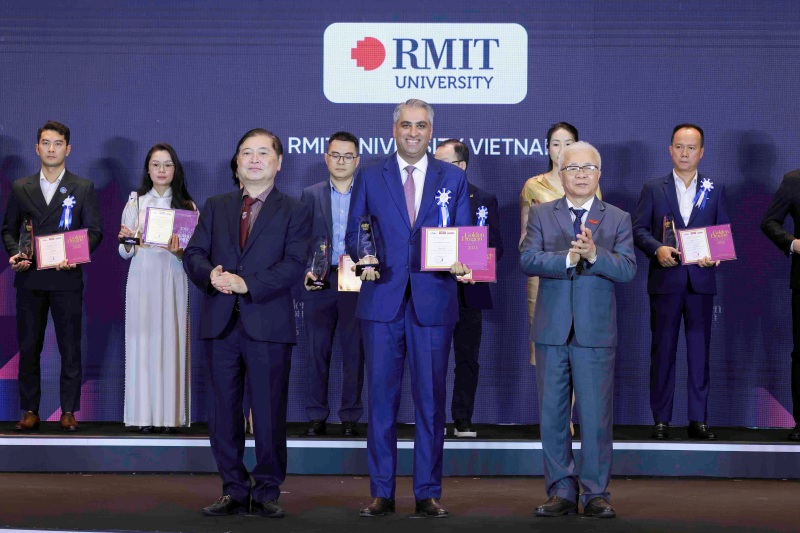Exchange rates, trade and FDI
Keeping prices stable will also reduce the depreciation of the exchange rate. A simplistic forecasting model suggests that inflation differentials of currencies represent the expected change in the exchange rate.
Dr Borer shared that while this relation is true in the long run but not on a year-by-year basis, the moderate inflation of the VND should keep depreciation pressure of the domestic currency at bay.
“Looking at the last 20 years, the VND has inflated by 4.3% more than the USD annually, which should translate into a gradual depreciation of the VND towards the USD of this amount”, Dr Borer analysed.
Hence, to create a more stable trade environment and reduce market uncertainty, Dr Borer and Dr Van suggest a gradual depreciation band of 3-4% to be introduced for the VND versus the USD. They believe that this system could add stability and promote exports for Vietnam.
Dr Van explained: “The export sector could need any help it can get, as the main export markets, namely the US with one third of all Vietnamese exports and the EU, just entered recessions. China, the second largest customer of Vietnamese export goods, is also not in a good shape for 2023, though it may not enter a recession yet.
“Although exports were growing greatly in 2022 by approximately 10.6% from 2021, with seafood and textiles achieving record heights, this will not be the case for this year.”
FDI also rose in 2022 achieving a 5-year height with 22.4 billion USD disbursed. The main investing countries are typically Singapore, South Korea, and Japan – regional partners taking advantage of cheap labour costs in Vietnam.
Dr Borer emphasised that while low labour wages are attractive in the short and medium run, a growing economy will eventually translate into higher GDP per capita, and hence, higher labour costs.
“This is desirable, as it represents increased wealth for citizens. Hence, it is high time for Vietnam to seriously identify and build strengths in other aspects beyond low salaries”.
Building a reliable, safe, eco-friendly, and stable economic environment will be the key for sustained future growth, which will attract FDI despite of increasing domestic wages.
To this end, Dr Van indicated that focus should be put on: 1) combatting corruption at all levels, 2) increasing transparency of policy decisions, 3) strengthening the environmental efforts.
“Corruption is highly discouraging to FDI as the investor is unsure about the future costs of the investment as well as bringing uncertainty with respect to the rule of law and rule of property,” Dr Van said.
In the Asian region, the countries/states with least corruption – Singapore, Hong Kong, Japan, Taiwan, and South Korea – are the wealthiest nations of the region as well.
“The message is clear, corruption needs to be eradicated,” Dr Van added.
Furthermore, increasing transparency, for example as mentioned earlier with a clear ruled depreciation rate of the currency, will make Vietnam a more reliable and trustworthy partner for trade.






